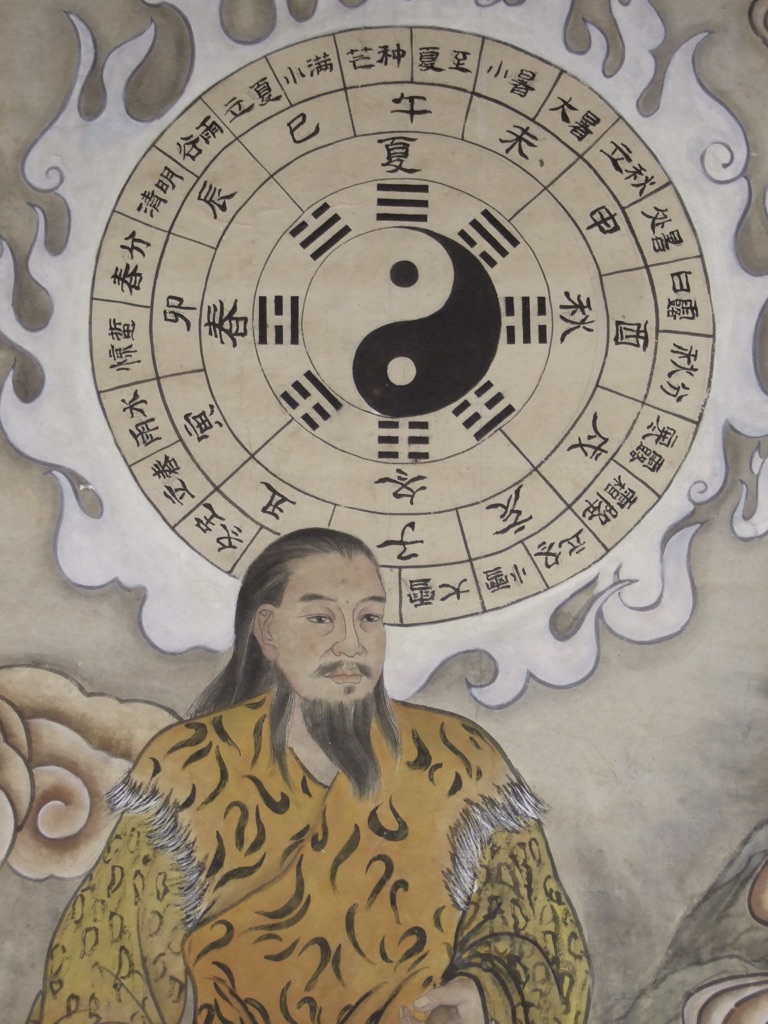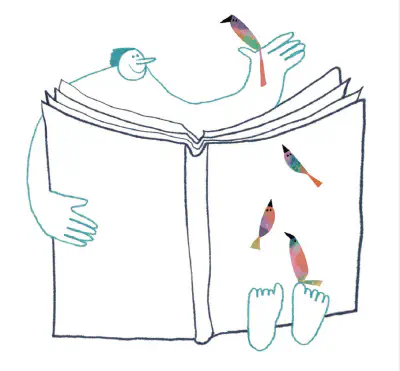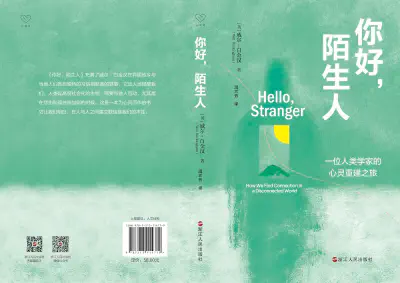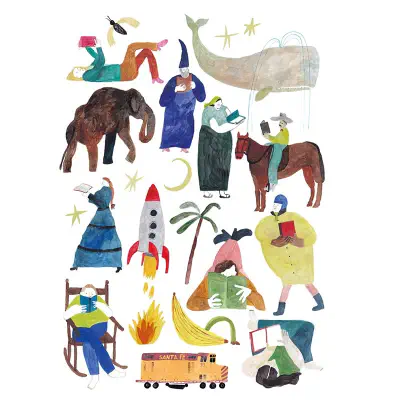Of all the conferences I find myself going to from time to time, the World Yijing Summit Forum in China must be one of the strangest, and the most fun.
The forum is a biannual gathering of those interested in the Chinese Book of Changes, and I’ve been to the conference in person a couple of times over the previous few years. The conference itself is a blast: a riot of scholars, philosophers, historians, financial speculators, diviners, Daoist priests, would-be wizards, feng shui practitioners, and — one year, for reasons too complicated to go into here — flamenco dancers.
Due to Covid-19 restrictions, for the last couple of conferences, I’ve not been able to attend in person. But I’ve kept in touch with the organisers, and this year was invited to submit a paper. So I wrote a piece on the Yijing and play.
My starting point was the Yijing’s sheer, unarguable weirdness. This is a text that is (and has been for centuries, one way or another) surrounded by an air of the disreputable. So what does it mean to engage with the Yijing, this deeply weird text, seriously?
One approach — the philosopher’s approach — is to treat the Yijing as a purely abstract system, a philosophical monument. This is an effective way of bracketing out some of the weirdness, but this misses the fact that the weirdness is what is interesting about the Yijing.
Another approach is to say that the Yijing is indeed weird, but its weirdness is not our own: we can study other people being weird without becoming weird ourselves. So this is the approach of the historian or anthropologist who sets about exploring the Yijing and its uses in all its glorious strangeness, while being at pains to point out that they are not themselves believers, that they are sober and non-weird.
But I wanted to think about a third approach. Call it the diviner’s approach: the approach of taking the Yijing seriously as something to be used, and asking how we can see the text not just as an object of disinterested contemplation or as something that other people might use, but as something that we might use ourselves.
Some might think that this approach would imply signing up to all kinds of irrational beliefs. But my argument in the paper was that reimagining the use of the Yijing as a form of play can bring to light all kinds of interesting things about the text and its value, and can make its use viable, without necessarily demanding that we subscribe to untenable beliefs.
This idea of the Yijing as play is not entirely uncanonical. The Xi Ci Zhuan, or the Commentary on the Appended Phrases, says this of the junzi, the superior person (which here I am glossing as “one skilled in the art of living”):
“That which the one skilled in the arts of living delights in and plays with is the explanations of the lines [of the Yijing].”
So in the paper, I used these commentarial texts, as well as ideas from Sarah Mattice’s work on metaphilosophy, and Ian Bogost’s ideas of play, to ask what it might mean to take the Yijing seriously as something we enter into as play. After all, when you sit down at the Monopoly board, you don’t have to be a believer in Monopoly itself, you only have to believe that it is worth playing (although, when it comes to Monopoly, I’m not sure it is…)
It was a fun paper to write. It’s not yet published in English, but I’m delighted to say that the paper won first prize at the conference: the 2022 优秀易经论文一等奖, or First Prize for Excellence in Essays in the Yijing.
Of course, it would have been better to be there in person, hanging out with the wizards and the diviners and the flamenco dancers. But these are the times we live in, and so the prize is some compensation.
Photo: © Will Buckingham 2012.



